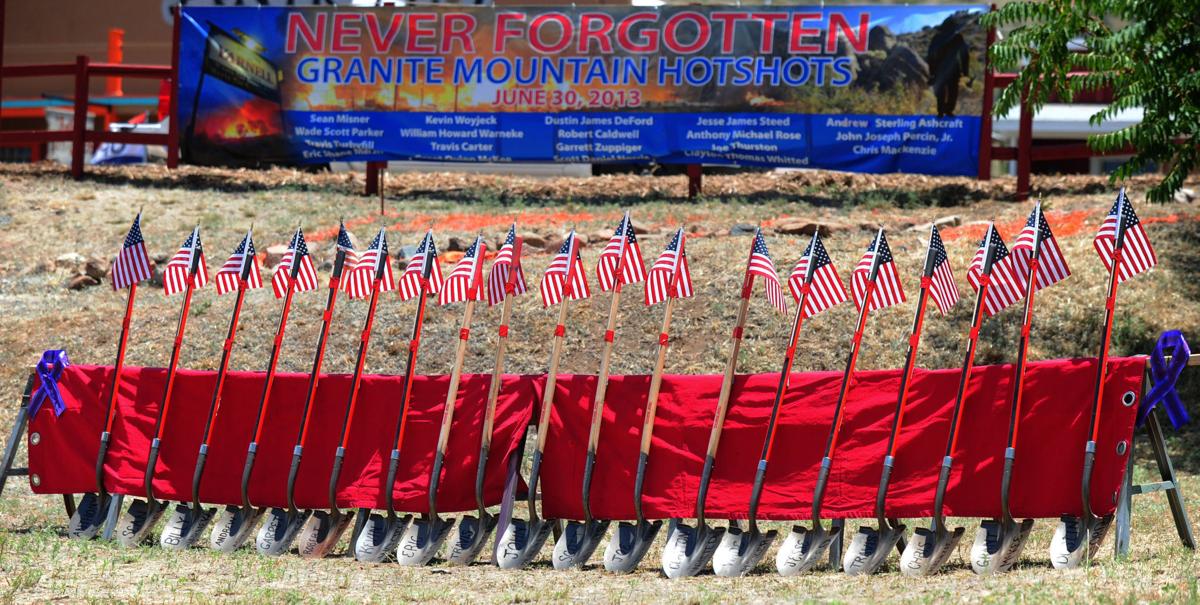PHOENIX — Yarnell residents burned out of their homes in 2013 have no right to sue Arizona for their losses, lawyers for the state are arguing.
In filings with the state Court of Appeals, Assistant Attorney General Brock Heathcotte acknowledged the state did attempt to fight the blaze that destroyed more than 120 homes and resulted in the deaths of 19 firefighters. But he said that was only done to protect the state's own land, "not to provide fire-suppression services to the private-property owners to protect their property."
And Heathcotte said the state is not liable for harm to other property owners when the damage is caused by the "natural condition" of the land. He told the court that is clearly the case here.
"The Yarnell Hill Fire was a natural consequence of natural conditions," he wrote. "It was naturally ignited (by a lightning strike) on wildland, was fueled by natural vegetation, and spread in response to hot, dry, and windy conditions."
And what all that means, Heathcotte argued, is there is no right to sue the state even though the fire on state land spread to private property and was not contained there.
The filings come in response to a bid by homeowners to have their day in court. Attorney Craig Knapp, representing the plaintiffs, contends the state is liable because it undertook the chore of defending the community but was negligent in that performance.
But Knapp never got a chance to make that argument to a jury. Maricopa County Superior Court Judge Richard Gama said there was no evidence the state, in fighting the fire on state land, had any duty to specifically protect Yarnell residents and their property.
Knapp wants the appellate court to overturn that ruling. But Heathcotte, in his new legal filings, said there are good reasons to leave the original ruling intact.
"The Yarnell Hill Fire is a tragic reminder that fighting fires is dangerous," he wrote. "Requiring wildland firefighters to use their available assets to protect structures and personal belongings would expose the firefighters to even greater danger than they already face."
And Heathcotte told the appellate court it needs to look at the issue from a matter of personal responsibility.
"Imposing a duty on the state to protect private property owners from the risks of wildland fires would further reduce the incentive of persons who choose to live in the wildland–urban interface to take measures to make their homes less susceptible to damage from wildland fires," he said.
Knapp also is arguing the state should have provided an evacuation notice. He said evidence shows the state knew within two days of its firefighting efforts that the community was "indefensible."
"The state, however, did not warn its residents about that the fact ... until 14 or 15 hours later," Knapp wrote in his court filings. "Instead, the state did not share its secret evaluation that Yarnell was indefensible" and did not provide an evacuation notice "until the fire was poised to devastate Yarnell."
But Heathcotte said the state has no obligation to provide any evacuation notices at all.
The 19 firefighters who died were members of the Granite Mountain Hotshots. A negligence claim by the families of 12 of the firefighters was settled in July for $50,000 apiece and promises by the state of changes in the way it fights fires.





